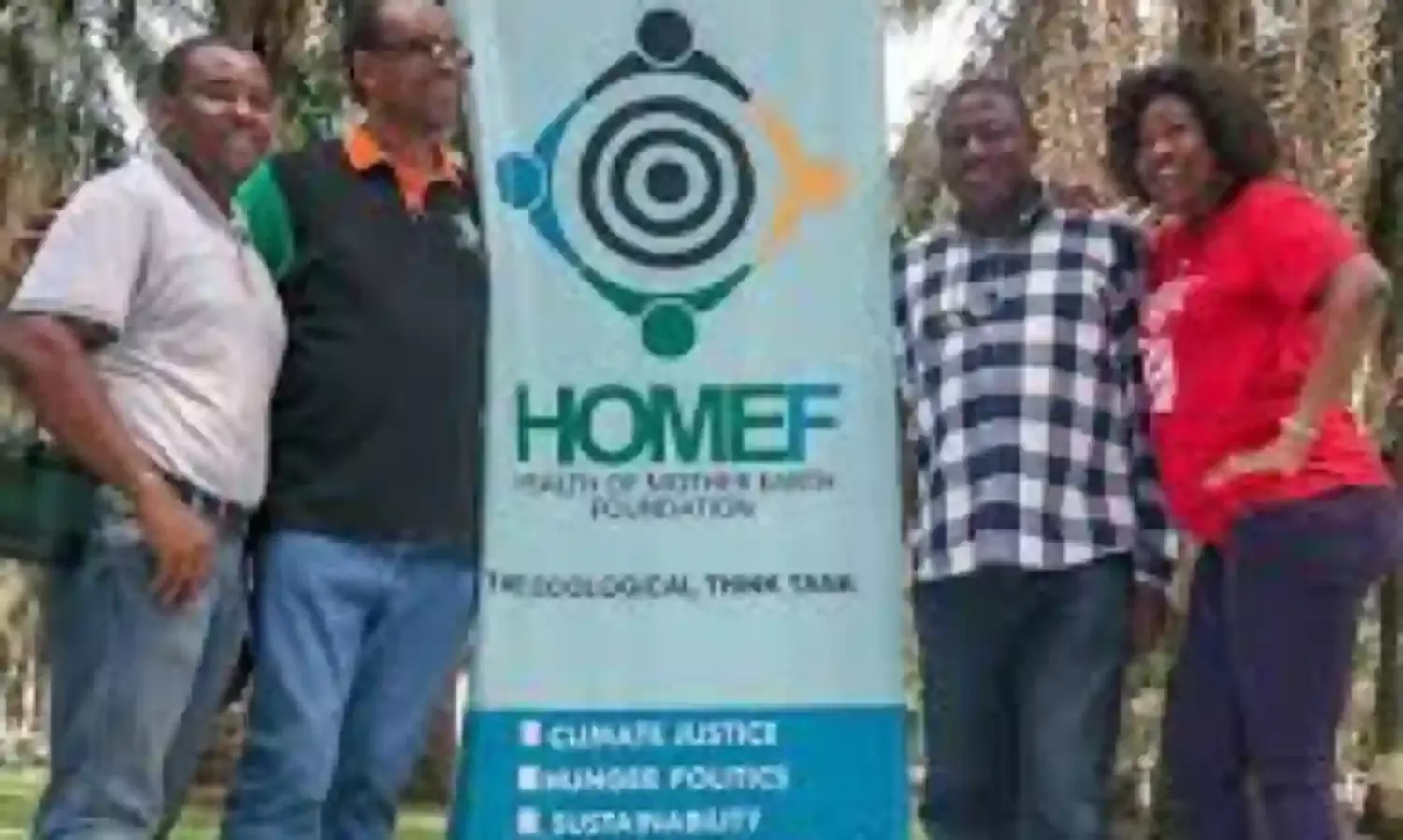NGO says indiscriminate use of pesticides poses threat to life
"Pesticides are designed to kill or control pests that can damage crops, spread diseases, or harm the environment. While they have undoubtedly played a role in improving agricultural productivity, we must not overlook the hazards that come with their use";

Rev. Nnimmo Bassey, Executive Director, Health of Mother Earth Foundation (HOMEF), says the indiscriminate use of pesticides has dire consequences for human rights to life and health.
Bassey said this on Wednesday in Abuja during a training for legal practitioners and rights groups on pesticides, hazards, and human rights.
“Our right to a clean and healthy environment, a fundamental human right, is also under threat from the indiscriminate use of pesticides. The use of pesticides has dire consequences for our rights to life and health.
“This is a critical moment for us to examine a critical issue that not only affects our environment and our health but also our fundamental human rights: our right to a healthy environment, food, and food sovereignty.
“Pesticides are designed to kill or control pests that can damage crops, spread diseases, or harm the environment. While they have undoubtedly played a role in improving agricultural productivity, we must not overlook the hazards that come with their use,” he said.
Bassey said that many pesticides are highly hazardous and cause acute and chronic health problems when people are exposed to them.
“Pesticides have been linked to a wide range of health issues, including cancer, neurological disorders, reproductive problems, and diverse ways of poisoning farmworkers.
“An important example that we cannot forget in a hurry is the pesticide poisoning in 2020, which took the lives of nearly 270 people in Benue State, whose water source was contaminated with endosulphan.
“These impacts disproportionately affect vulnerable communities, including agricultural workers, who often lack the necessary protection and awareness of the risks associated with exposure to pesticides,” the executive director said.
He said it is time to enact and enforce stricter regulations on the use of pesticides, with a focus on protecting human health and the environment.
Bassey added that it is also time to encourage and support the development and adoption of alternative pest management methods, such as integrated pest management, biological pest control, and the use of bio-pesticides.
He advised that agricultural workers must be empowered with the knowledge and tools to protect themselves from pesticide exposure.
“We need to urgently empower and revive our extension service system so that farmers in local communities are equipped with the right knowledge.
“The wider public must be informed of the highly hazardous pesticides, including their types, quantities, and locations.
“Pesticides can no longer be seen as a quick solution to agricultural challenges. Neither should GMOs. It is our duty to protect and preserve nature’s resources; to preserve our food culture and heritage,” Bassey said.
He expressed the need for Nigerians to retrace steps and recall every decision that threatens their individual and collective wellbeing and that of the environment.

